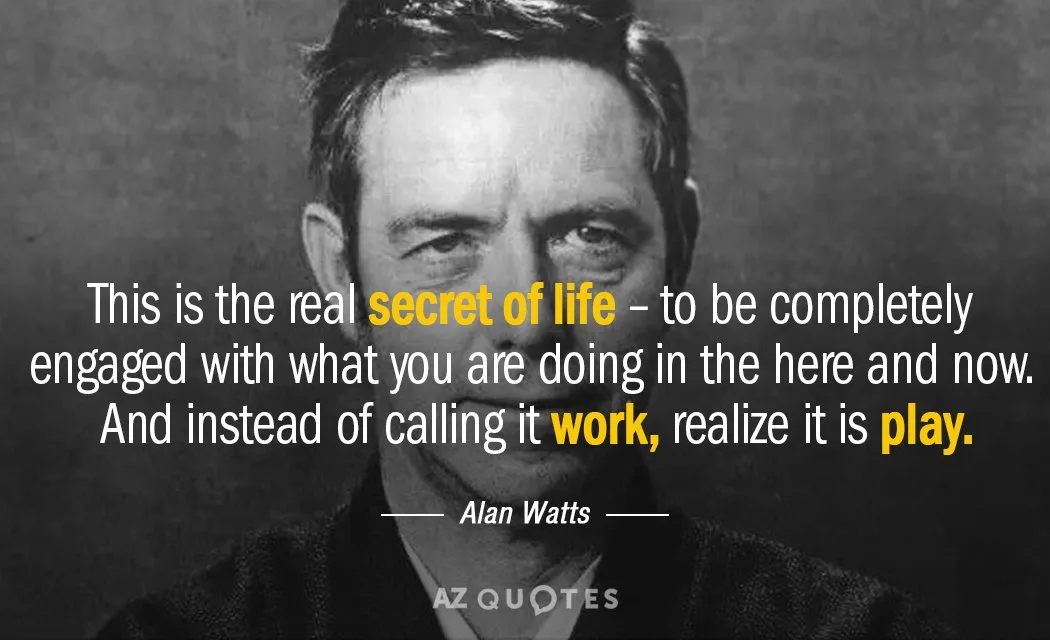In a thought-provoking and somewhat radical talk, renowned philosopher and speaker Alan Watts shares his insights on feelings and control, taking a deep dive into the modern pursuit of peace, fulfillment, and the notion of necessity in personal practices such as meditation or yoga. Watts contests the common perception that certain practices are essential to achieving inner peace or becoming enlightened, encouraging listeners to question, “Necessary for what?”
One of the pivotal points of Watts’ discourse is the idea that in the very act of seeking peace or an end to conflict, one may inadvertently create more turmoil. This seemingly counterintuitive phenomenon happens because the quest for peace or resolution often amplifies a sense of lack and wanting. Paradoxically, in trying to quell our inner disturbances, we might be exacerbating them, like trying to smooth choppy waters while simultaneously stirring them.
Watts goes on to question the alleged necessity of practices like meditation, yoga, or following a certain religion. Instead of viewing them as prerequisites for a tranquil mind or spiritual enlightenment, he argues these practices could be seen as expressions of joyous energy—comparable to a dance—that individuals can choose to engage in. Their necessity, or lack thereof, is ultimately subjective and contingent on personal choice and preference.
Taking the concept of engaging in an activity for its inherent pleasure rather than as a means to an end, Watts uses the analogy of swimming. Rather than swimming to reach a certain destination or compete with others, he speaks of swimming to experience the sensation of water rippling past, the feeling of floating, and the joy of seeing the world from a unique perspective. The emphasis here is on the importance of being entirely present in whatever one chooses to do, savoring each moment rather than focusing on an end goal.
Bringing nature into the discussion, Watts advocates for a paradigm shift in our understanding of economics. He suggests that, in contrast to human economics, which often operates on scarcity, nature practices economics of exuberance. The overabundance of seeds, stars, and galaxies is a testament to this. This observation serves as a metaphor for how we might approach our lives—not from a viewpoint of scarcity and lack, but from a perspective of abundance and joy.
The climax of Watts’ discourse is his emphasis on the importance of embracing the present moment. He argues that life’s purpose isn’t hidden in the future, but rather resides in the here and now. In our relentless pursuit of a ‘golden goody’ at the end of the line, we often overlook the fact that we are amidst it, in the journey itself, in every moment of our existence. This recognition is a powerful call to cease the endless striving and start living fully in the present. As Watts eloquently puts it, “you’ve been sitting in the middle of a golden goody all the time.”
In essence, Watts challenges us to rethink our pursuits, our practices, and our perception of fulfillment. Through his perspectives, he invites us to appreciate the simplicity of pleasures, be fully present in our activities, celebrate exuberance over scarcity, and realize that the ‘golden goody’ we seek is not some distant goal, but the experience of life itself.
